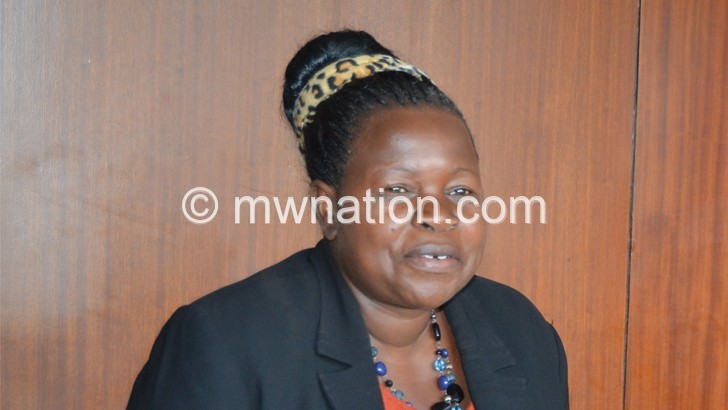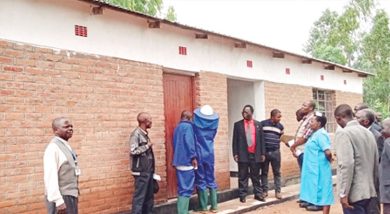ACB scrutinising 67 Cashgate files
The Anti-Corruption Bureau says it has received 67 files so far based on the forensic audit covering the period 2009 to 2014 which found that K236 billion could not be accounted for in government books.
The forensic audit found that about five family-owned companies were winning contracts through restricted tender and single source procurement; procuring items that did not match the needs of the government agencies, predominantly the Malawi Police Service (MPS) and Malawi Defence Force (MDF).

In March last year, the ACB said it had cleared some companies based on the opinion of the Attorney General which found that legitimate contracts and goods were supplied to government, departments and agencies (MDAs) such as MPS, MDF and Ministry of Education, Science and Technology (MoEST).
But in a written response to a questionnaire on the progress of the cases, the ACB this week said the companies mentioned in the initial 13 files from the forensic audit remain under investigation.
This brings to 67 the number of files which the Auditor General has submitted to the bureau.
“The bureau has so far received 67 files in total. These files are first analysed by the bureau to see the areas that need to be investigated. Some of them may require verification whether payments were made and if they were made, the bureau has to find out whether the service paid for was rendered to government,” the bureau’s senior public relations officer Egrita Ndala said.
Commenting on the initial 13 files and companies which were allegedly cleared, the ACB spokesperson said investigations were still in progress.
She said: “The bureau had reported that four companies were cleared because they were paid for services which they had rendered to government. That did not imply that the investigation had been concluded. Investigations with regard to the other files is continuing.”
The four companies that were reportedly cleared were Malachite FZE, Rummage Pace, Top Prima Limited and Chicago Suppliers.
The companies reportedly won contracts through restricted tender and single source procurement procuring items that did not match the needs of the government agencies.
The audit found such tendering and procurement processes prevalent in MPS and MDF whose procurements were deemed sensitive.
As ACB receives more files in connection with Cashgate, the limited number of investigators continues to pose a challenge, according to Ndala.
She said: “The numbers of investigators and prosecutors are not adequate as stated before. The bureau tries its best to work to its maximum capacity with the limited workforce on the ground.”
ACB has a staff establishment of 261nationwide, but has been operating with 85 less staff members, according to the 2017/18 personnel information submitted to the Ministry of Finance.
Cashgate—the plunder of public resources at Capital Hill—is widely traced to the September 13 2013 shooting of former Ministry of Finance budget director Paul Mphwiyo.
Then president Joyce Banda ordered an audit which British forensic auditor, Baker Tilly, undertook covering a randomly chosen period between April and September 2013 and established that about K24 billion was siphoned from public coffers through dubious payments, inflated invoices and goods or services never rendered.
In May 2015, a financial analysis report by audit and business advisory firm PricewaterhouseCoopers (PwC) also established that about K577 billion in public funds could not be reconciliated between 2009 and December 31 2014.
However, yet another forensic audit in 2017 established that the unaccounted for amount stood at K236 billion and not K577 billion.




